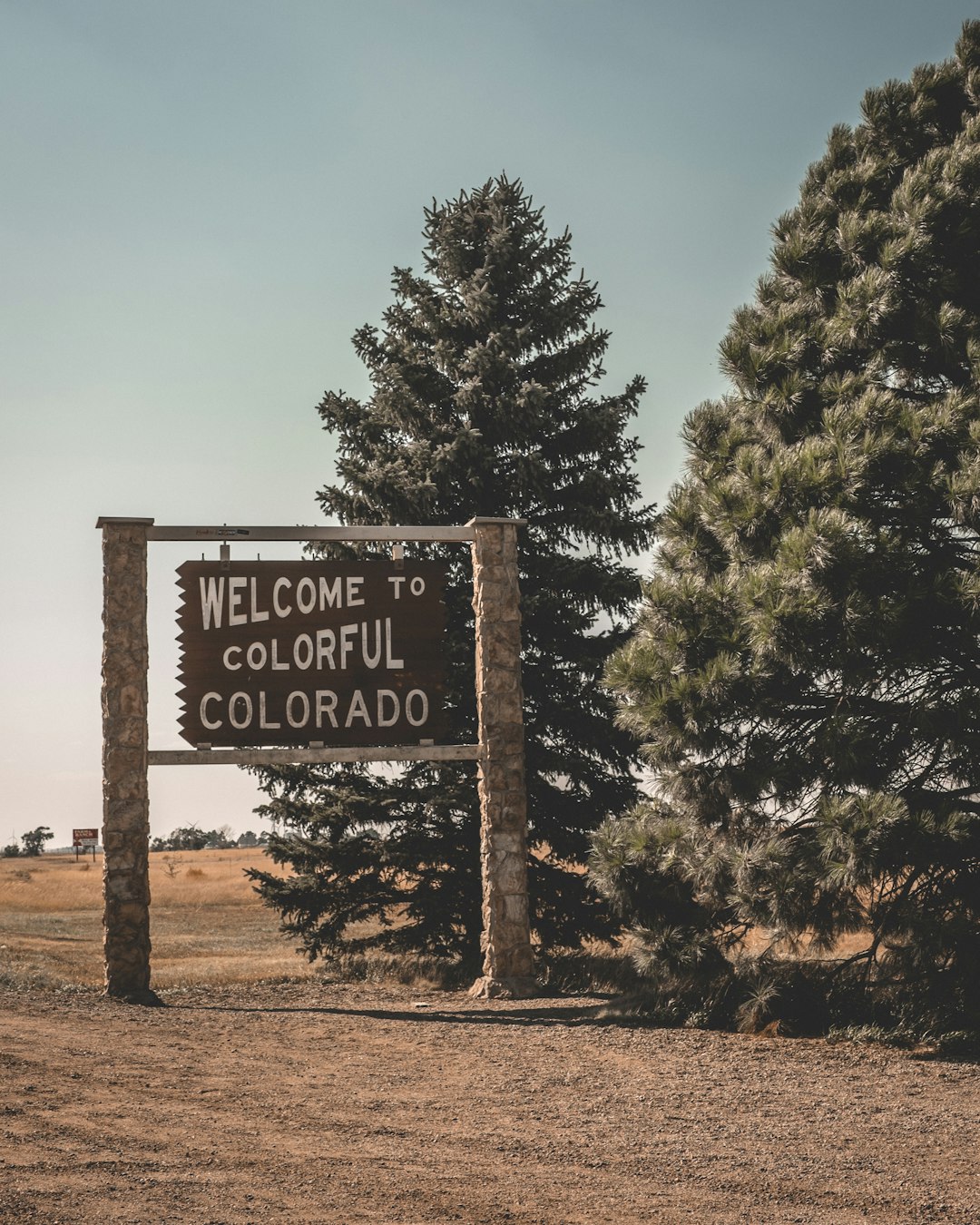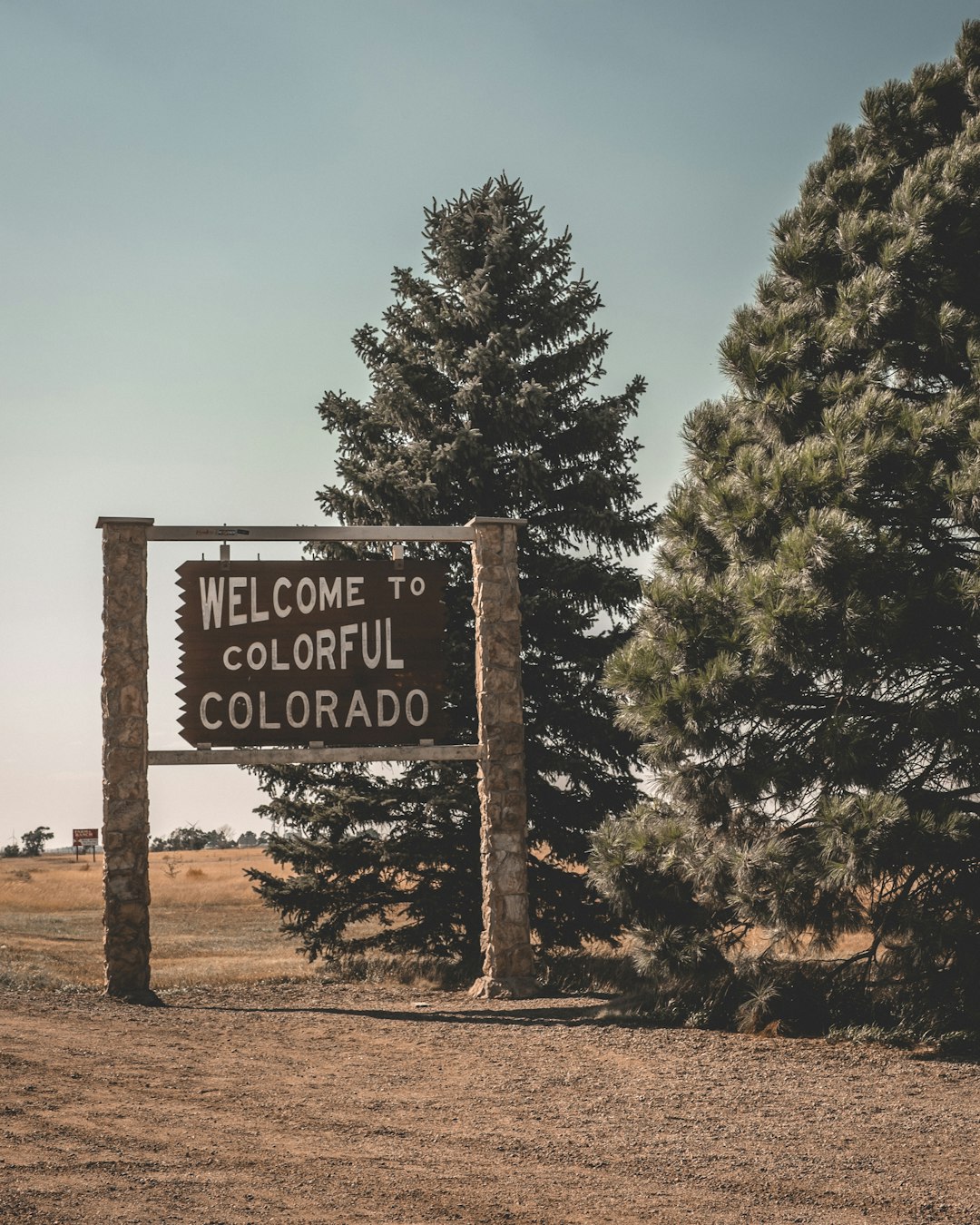In Colorado, child abuse attorneys play a crucial role in navigating complex community notification laws designed to protect children and hold offenders accountable. They guide clients through registration, counsel on disclosure, and advocate for privacy, fostering safer communities while balancing public safety with offender rehabilitation. These attorneys ensure victims' rights and help prevent repeat offenses, addressing challenges like data accuracy and technological barriers.
In Colorado, Community Notification Laws play a crucial role in safeguarding children from potential harm. This article delves into the intricate details of these laws, focusing on their impact on child abuse offenders. We explore the state’s registry system and disclosure requirements, highlighting the vital role that child abuse attorneys in Colorado play in navigating this complex legal landscape. Furthermore, we discuss the implications for offender reintegration and privacy concerns, supported by real-world case studies.
Understanding Colorado's Community Notification Laws

In Colorado, community notification laws aim to protect vulnerable individuals, especially children, by holding child abuse offenders accountable. These laws require certain individuals convicted of child abuse-related offenses to notify nearby residents about their presence in the area. This transparency empowers communities and enables them to take proactive measures to ensure the safety of their children.
Child abuse attorneys in Colorado play a crucial role in navigating these complex legal requirements. They assist clients in understanding their obligations under the community notification laws, ensuring compliance while safeguarding client privacy. By staying informed about legislative updates, these attorneys help protect the rights of both victims and offenders, fostering a safer environment for all Colorado residents.
Child Abuse Offender Registries and Disclosure Requirements

In Colorado, child abuse offenders are required to register with the state’s Child Abuse Offender Registry (CAOR). This registry serves as a comprehensive database that includes information about individuals convicted of certain child abuse-related offenses. The primary purpose is to ensure public safety by enabling communities to be notified when a registered individual moves into their neighborhood.
Disclosure requirements under Colorado law mandate that law enforcement agencies share relevant information from the CAOR with local communities, schools, and childcare facilities. This process is crucial for empowering parents, caregivers, and educators to remain vigilant and protect children at risk. Child abuse attorneys in Colorado often assist clients in understanding their obligations regarding registry compliance and help navigate the legal complexities surrounding disclosure requirements.
The Role of Child Abuse Attorneys in Navigating These Laws

In Colorado, community notification laws play a critical role in protecting children and families from potential harm. Child abuse attorneys in Colorado are vital navigators of these complex legal requirements, ensuring that offenders face consequences while also safeguarding the privacy and safety of victims. These lawyers specialize in understanding the intricate details of state legislation, which can vary widely in terms of scope and implementation.
They guide clients through the process, explaining their rights and obligations under the law. This includes assisting with registration, providing strategic advice on minimizing public exposure, and advocating for victim privacy. Child abuse attorneys are equipped to help offenders comply with notification mandates while offering support tailored to the unique needs of each case, fostering a safer environment for Colorado’s young people.
Impact on Offenders' Reintegration and Privacy Concerns

The implementation of Community Notification Laws in Colorado presents a complex interplay between public safety and an offender’s right to privacy. These laws, designed to inform communities about registered child abuse offenders, aim to protect potential victims by enabling parents and caregivers to take precautions. However, they also have significant implications for the reintegration of these individuals into society. Many offenders face heightened scrutiny and social isolation, which can hinder their efforts to rebuild lives free from stigma and criminal pasts.
Privacy concerns are a central issue, as these laws require disclosing sensitive personal information about individuals who may no longer pose an immediate threat. Child abuse attorneys in Colorado advocate for a balanced approach, ensuring public safety while also protecting the rights of offenders seeking rehabilitation. Striking this delicate balance is crucial to foster effective reintegration and maintain a healthy community dynamic.
Case Studies: Successes and Challenges in Implementation

In Colorado, Community Notification Laws aim to protect vulnerable residents by informing nearby neighbors about registered child abuse offenders in their area. These laws have been met with both successes and challenges since their implementation. Case studies from across the state highlight how effective community notification has been in enhancing safety measures for children. For instance, in Denver, a successful pilot program led to a significant decrease in repeat offenses within notified communities. However, challenges include ensuring the accuracy of data provided to the public, maintaining confidentiality concerns for both victims and offenders, and navigating technological barriers to reach all potential residents.
Child abuse attorneys in Colorado play a crucial role in these processes, offering legal counsel to both victims seeking protection and offenders looking to understand their rights and obligations under the law. They contribute to the overall success of community notification by advocating for fair practices, ensuring due process, and helping to interpret complex legal aspects related to child abuse cases. These attorneys bridge the gap between legal requirements and real-world implementation, fostering a safer environment for Colorado’s children.






